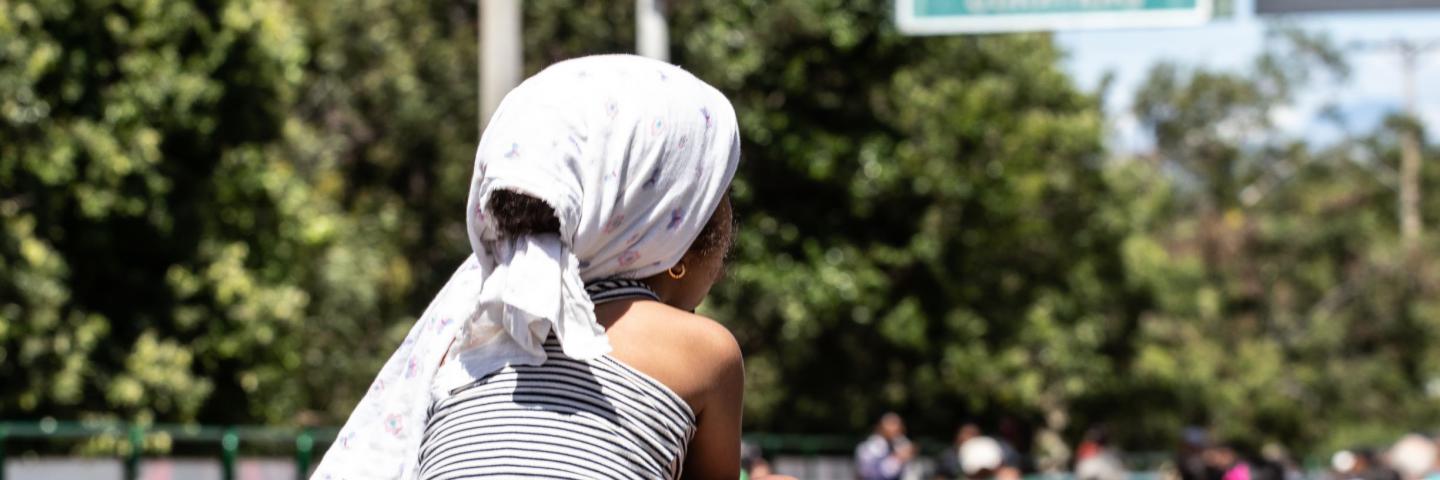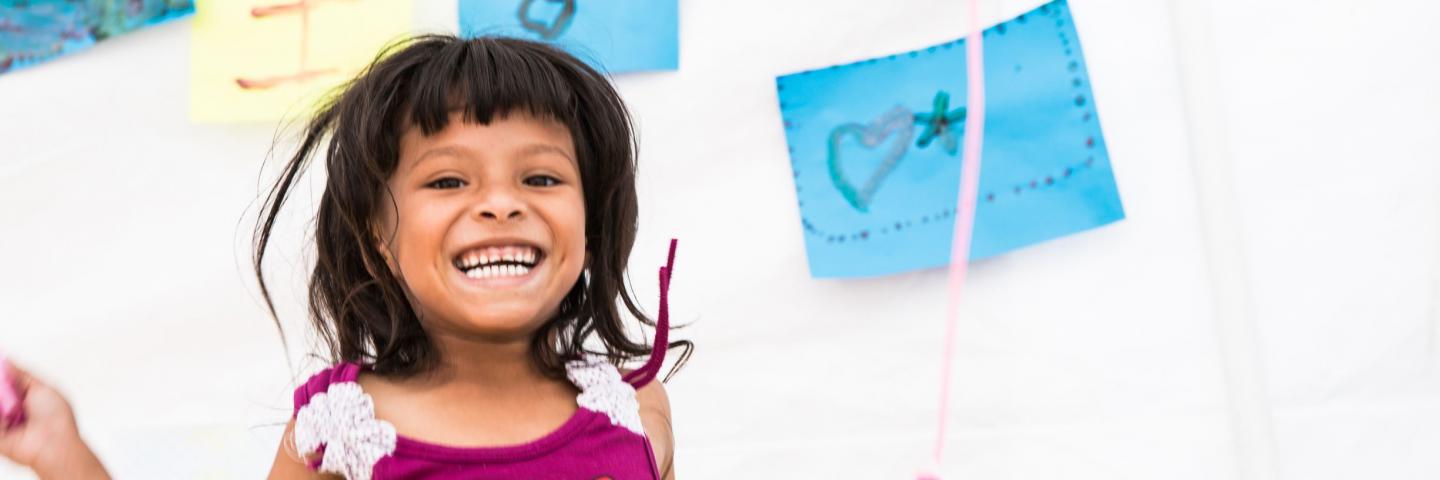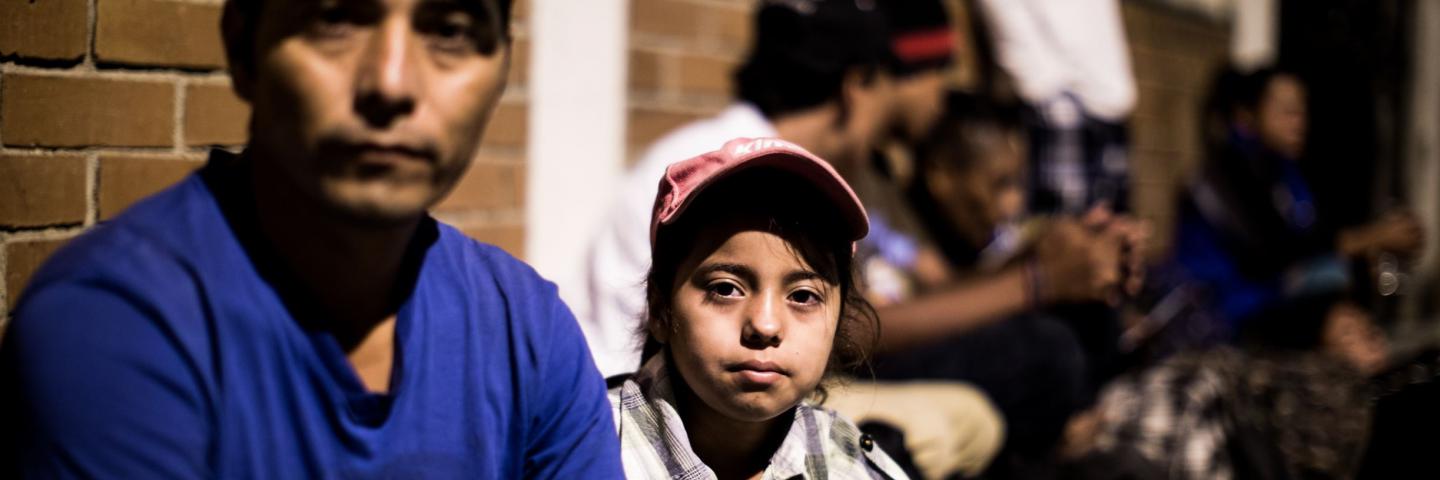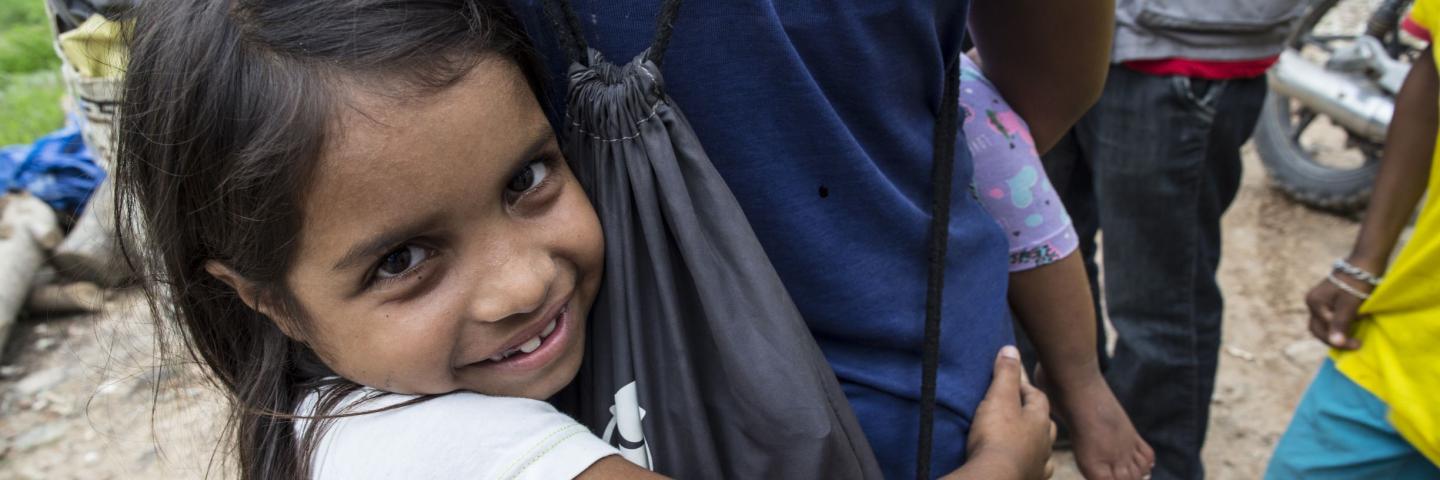

Children and adolescents in Latin America and the Caribbean are forced to migrate due to structural causes such as climate crisis-related factors, violence, lack of educational and/or economic opportunities and family reunification. During transit, they are exposed to many risks, including abuse and exploitation, human trafficking, becoming victims of homicide, suffering from accidents and spending many hours without food and water.
Currently, the region is going through two migratory crises: the northern Central America to the United States migration crisis, and the Venezuela migration crisis. This has become much more severe due to anti-migration policies and cases of detention or return. Children and their families are leaving their countries of origin due to disasters related to climate change or sever environmental degradation, economic shocks, violence, family reunification (specially in northern Central America), and/or political factors.
Save the Children in Latin America and the Caribbean work in the region to mitigate the causes that drive children to leave their communities of origin and provide them with locally appropriate tools to improve their quality of life and generate their own livelihoods. Furthermore, we focus on providing a rapid response to ensure relief and basic needs to the most vulnerable during any migration crisis. Additionally, we seek to influence national and regional authorities to guarantee the rights of migrant children in their countries of origin, transit and return.

Our Venezuelan migration crisis response is aimed at Venezuelan migrants and host populations in Colombia, Perú and Venezuela. We are providing cash transfers to the most vulnerable families in the border regions and supporting the purchase of food and other essential items. We are running child friendly spaces at the borders of Peru and Colombia to provide psychosocial support, allowing children to play and learn in the midst of the complex situation. We are also providing school kits and implementing education in emergencies programmes so children can continue learning during transit and in their host communities.
In Colombia, we have a sexual and reproductive health clinic which provides life-saving medical care to survivors of sexual violence, expectant mothers, and others who’ve crossed the border seeking help. Also, we’re distributing water filters, and hygiene kits with essential items that help to keep children clean and healthy.
Our country office in Venezuela implements humanitarian response programs and project activities including child protection, education, health, food security, WASH, and advocacy activities. Currently, we are working with 7 local partners, strengthening their capacities and ensuring nutritional and psychosocial support to the most vulnerable children and their families. We are also driving advocacy efforts inside and outside Venezuela to protect the rights of children on the move and children that have been left behind.

We work to mitigate the risks of unsafe migration for children and improve the quality of life of children and their families by investing in livelihood opportunities as well as education, protection and health, in countries of origin, transit and return. We are implementing peacebuilding in schools and strengthening the capacities of students, parents, and teachers to make schools safe spaces that are free of violence in Mexico, Guatemala, and Honduras. We are working to defend women and youth that are at risk or victims of human trafficking in Nicaragua, Honduras, El Salvador, and Guatemala. We are protecting internally displaced children by improving protection systems for children who have been displaced and/or returned to their countries after migration in El Salvador and Honduras. We are improving Child Protection Systems by strengthening local and cross-border protection systems and building in quality services for children in the northern Central America and Mexico. Moreover, we are providing Sexual and Reproductive Health Services to returning adolescents in El Salvador and Guatemala.
